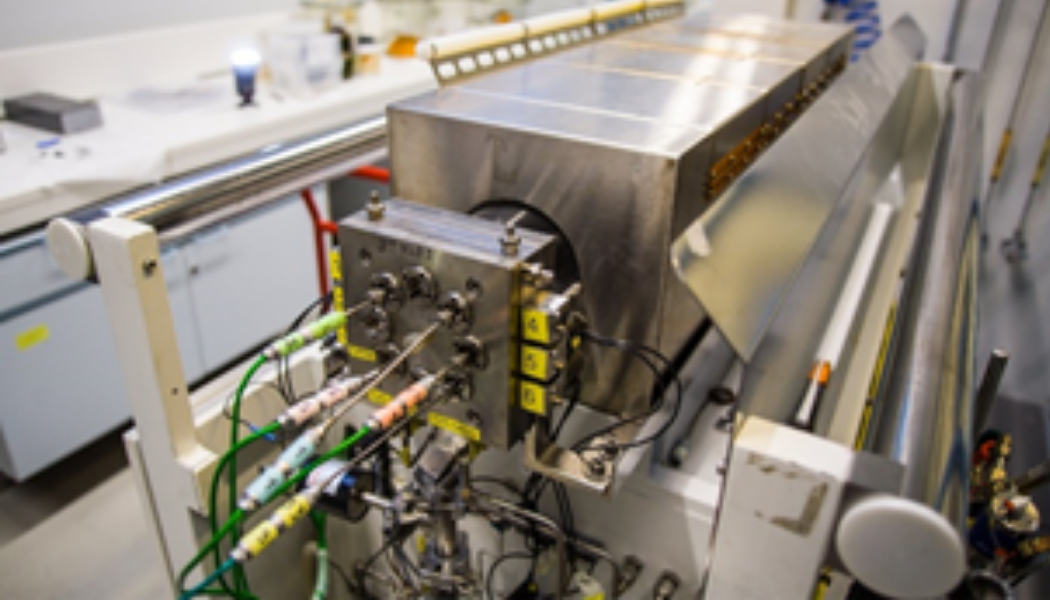The SOLBAT (Towards High Energy Density All Solid State Lithium Batteries) project took place between 2019 and 2021. It was carried out by Zahilia Caban Huertas at Energy Storage and Harvesting group at IREC in collaboration with the Chemistry Department at Aalto University in Helsinki, Finland.
SOLBAT dealt with the research and development of all solid state lithium batteries. The demands for advanced energy storage devices has dramatically increased during the past years. They are fostered by various needs in multiple technologies, like portable and miniaturized electronics, Internet of Things (IoT), and reliable power supplies for grid and off-grid needs. Lithium Ion Batteries (LIBs) are the enablers of communication technology that our society is living. However, LIBs are approaching their theoretical limits, post lithium ion technology with high energy densities are needed to supply the current market’s demands. This projects aims to bridge this gap and to develop the post lithium technology.
The first phase was conducted at Aalto University. We successfully developed Si electrodes coated with titanicone by Atomic Layer Deposition and Molecular Layer Deposition techniques. The electrodes were cycled for 350 cycles exhibit an efficiency of around 95% and capacity retention of 95%. Based on this data, we concluded that titanicone coating enhances electrochemical performance. More studies found that the Li flow was higher for the coated sample compared to the uncoated Si electrode, indicating that the artificial coating improves the Si electrochemical activity by increasing the Li diffusion. The conclusions point at the right direction to commercialize Si electrodes.
During the last 2 of months, the project’s main focus was to develop lithium sulfide electrode (Li2S) composites with graphene. This task was carried out at IREC. The study of this material as an electrode has not been comprehensively reported, and the scientific community does not yet sufficiently understand the specific challenges. We demonstrated to capable of obtaining a composite of the material mentioned above. The electrochemical test performed revealed that Li2S has similar behavior to the electrodes based on S. The composite of graphene and Li2S treated at 1000 °C shows an enhanced performance. Graphene provides a porous and conductive matrix that inhibit the dissolution of the polysulfides in the electrolyte, anchor them to the structure.
More information about the project can be found at: https://www.researchgate.net/project/Towards-High-Energy-Density-All-Solid-State-Lithium-Batteries-SOLBAT
This project was co-financed by the H2020 Marie Sklodowska-Curie actions of the European Union through a Tecniospring Industry grant by ACCIÓ.




